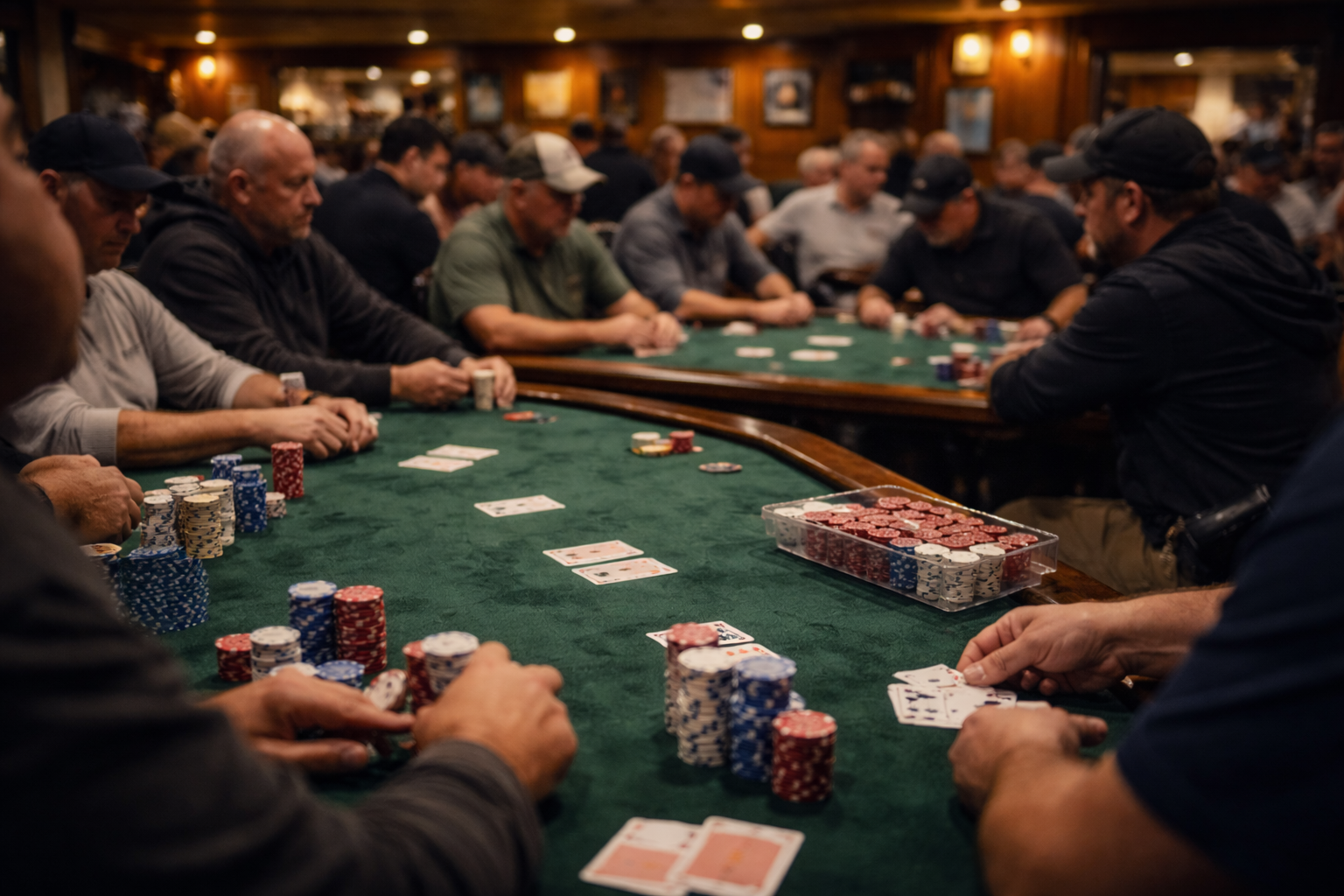Cease-and-desists still viable?
The LGCB sent the notices with the assistance of the Louisiana Attorney General’s Office and Louisiana State Police’s Gaming Enforcement Division.
Among the full list of companies that received orders were popular operators Bovada (parent company Harp Media B.V.), the VGW Holdings brands, offshore sportsbook BetUS, and social casino Fliff.
“These actions send a clear message,” Christopher B. Hebert, Chairman of the Louisiana Gaming Control Board, said in the announcement. “Louisiana will not tolerate illegal operators who put our citizens at risk and undermine the fairness and integrity of our gaming industry. We will continue to use every enforcement tool available to protect the public and uphold the law.”
Several states have found success using cease-and-desist orders as a way to rid their market of unwanted, unlicensed operators. This is increasingly becoming the method of choice for state gaming regulators across the country since they order companies to cease all operations within two weeks or face legal action.
However, the authority of cease-and-desist orders recently came into question – not with offshore sportsbooks or online casinos, but with prediction platforms.
Kalshi, a leader in that industry, won a court case against New Jersey that effectively prevented the state’s regulator from enforcing a cease-and-desist order since Kalshi was federally regulated by the Commodities Futures Trading Commission.
Reworking the Louisiana gaming market
Louisiana recently made several key changes to its gaming industry.
The bill to ban sweepstakes casinos that was vetoed by Gov. Landry had received unanimous support in the House and Senate, including a combined 138-0 vote.
The Social and Promotional Games Association (SPGA) said that the vote was unfair and that sweepstakes platforms were still regulated just like any other entity.
“We’re disappointed by yesterday’s vote in the Louisiana House,” an SPGA spokesperson said immediately following the vote. “Legal sweepstakes platforms operate under well-established guidelines and are used by millions of adults, including Fortune 500 companies like Microsoft and Starbucks, to engage consumers through lawful, free-to-play promotions.”
The rejoicing enjoyed by social casino platforms after Landry’s veto was only short-lived as several received cease-and-desist orders.
Meanwhile, Gov. Landry also signed a bill to increase the state’s sports betting tax rate from 15 to 21.5 percent. One-fourth of the new tax revenue will be directed to the Supporting Programs, Opportunities, Resources, and Teams (SPORT) Fund, which will evenly distribute the revenue to the athletics departments at Louisiana's 11 Division I colleges and universities.


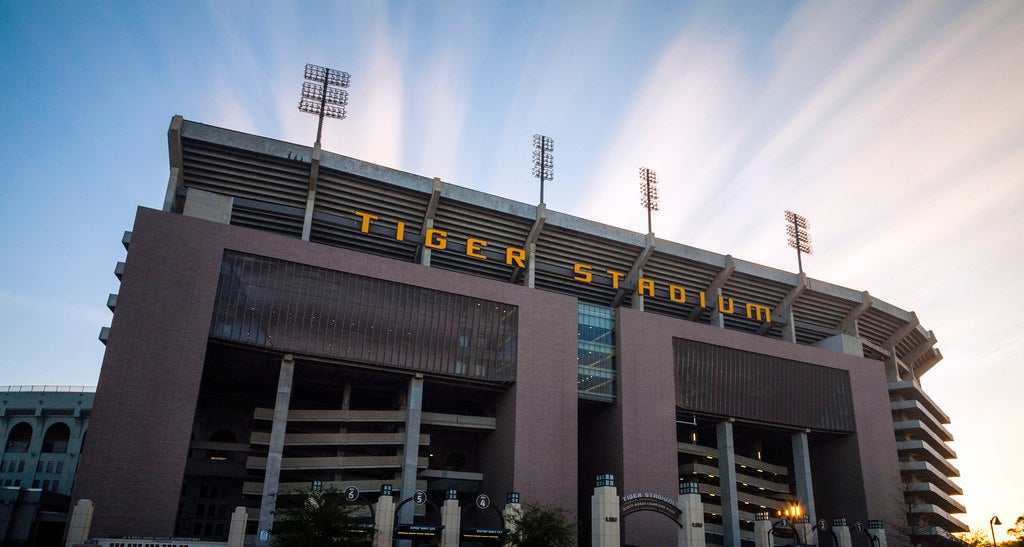

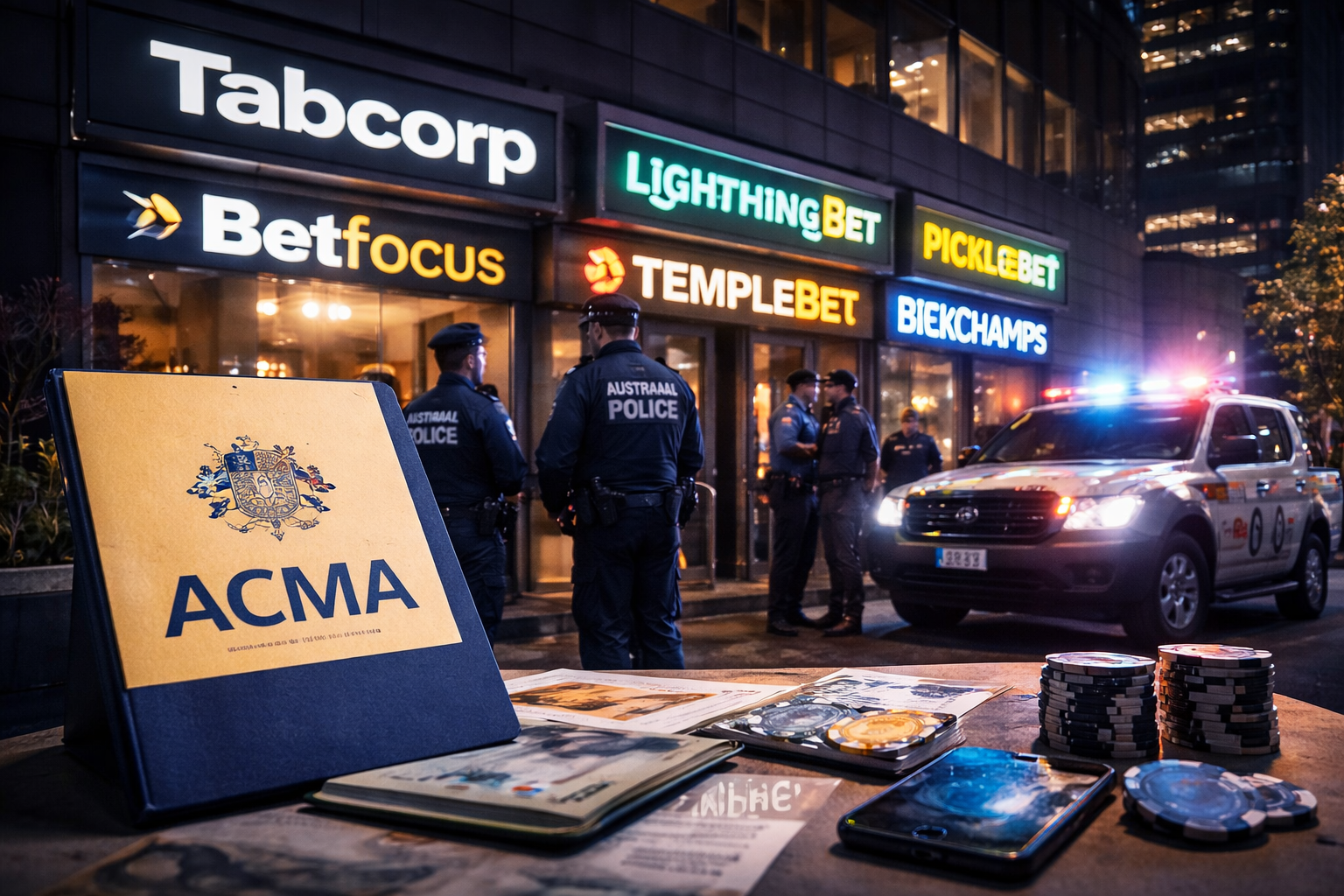




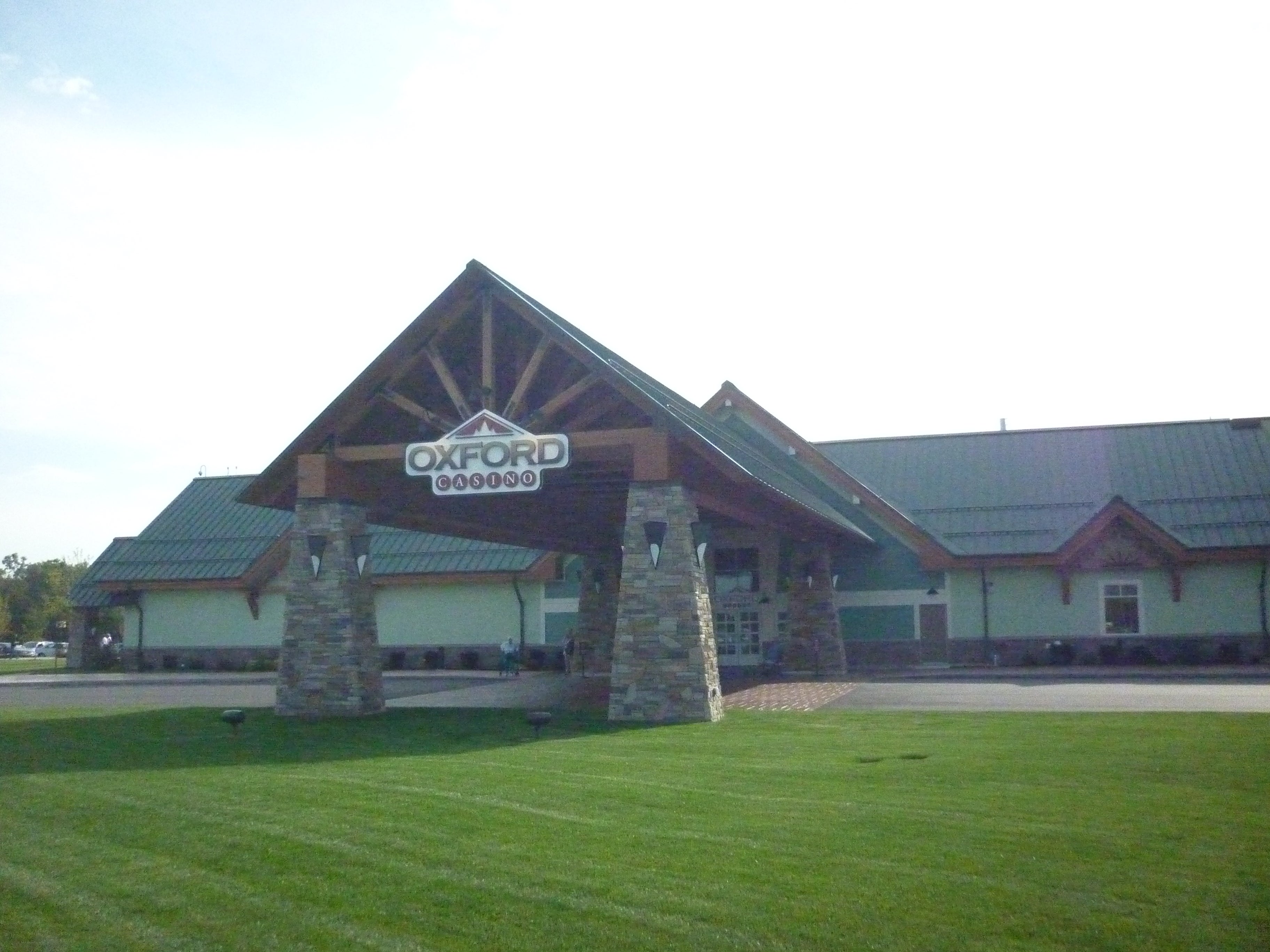

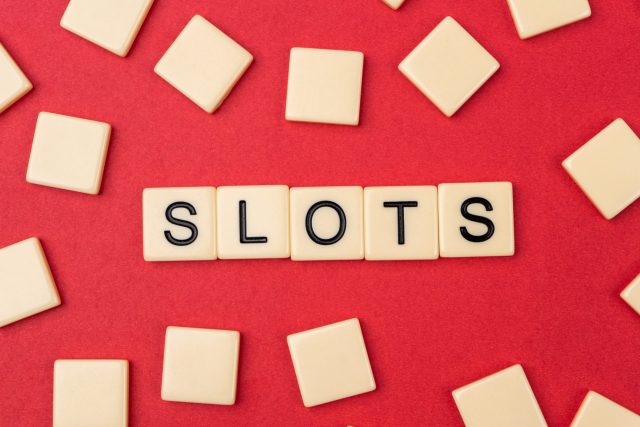
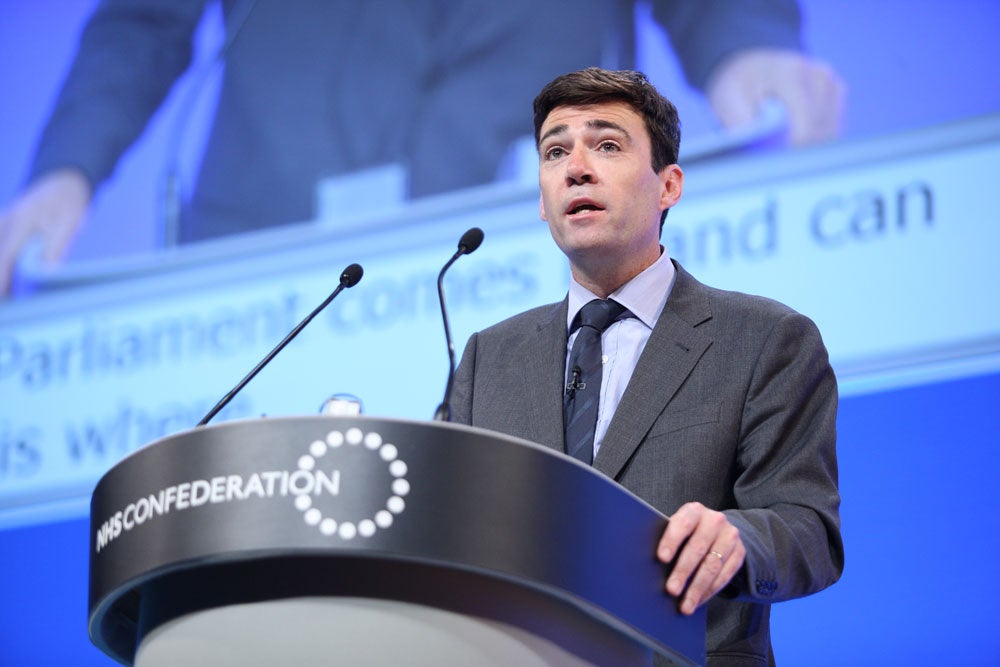
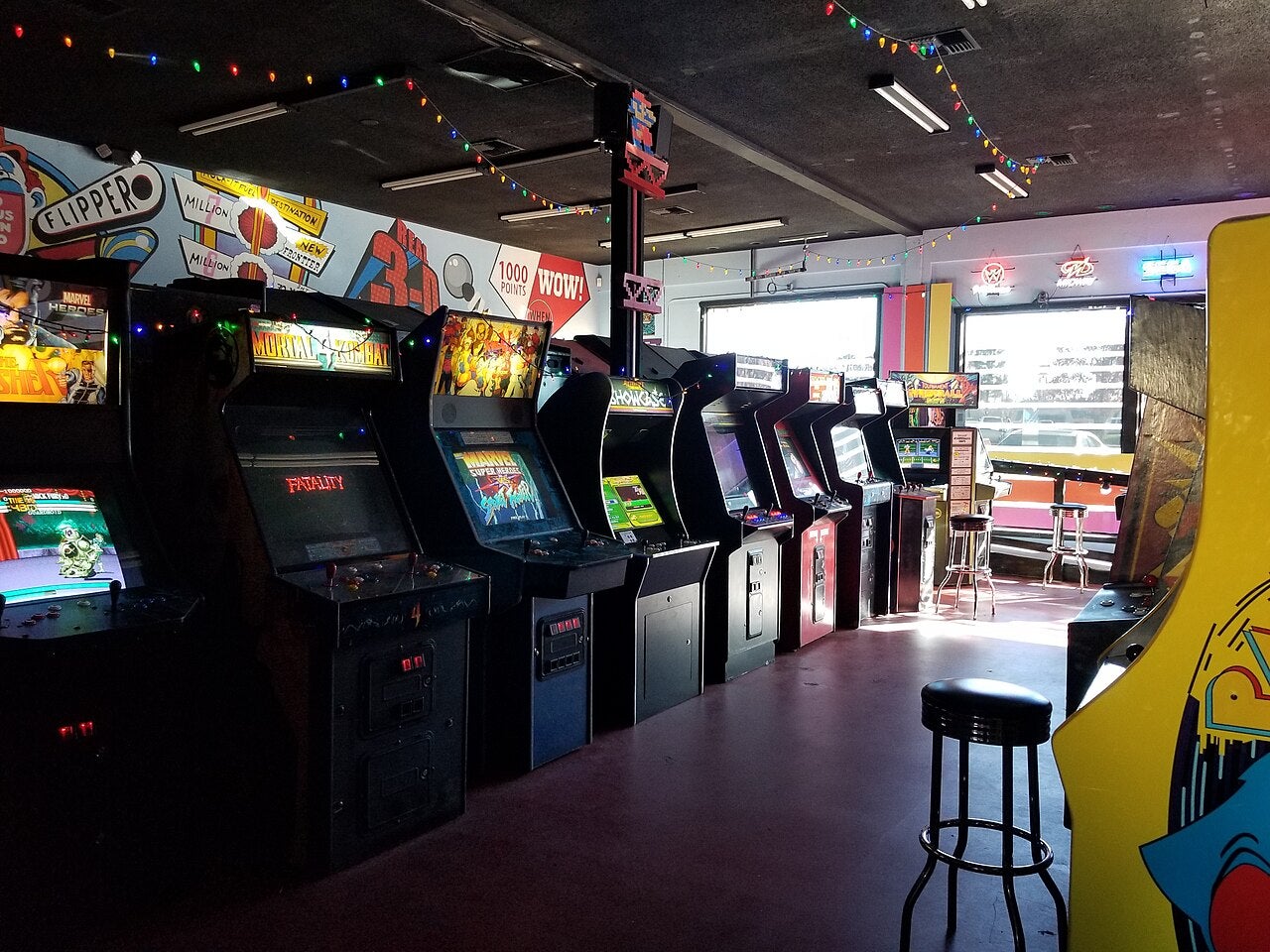

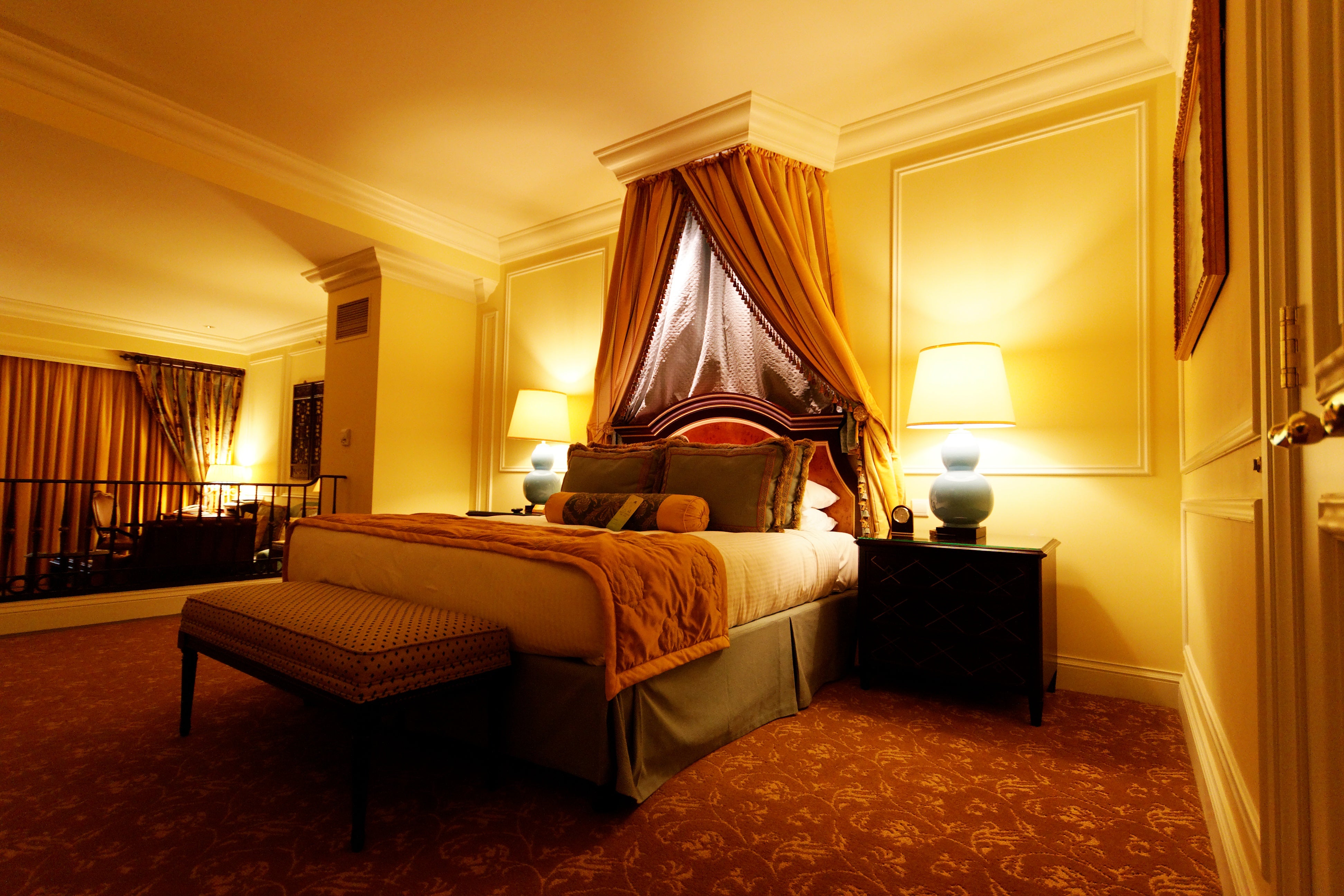


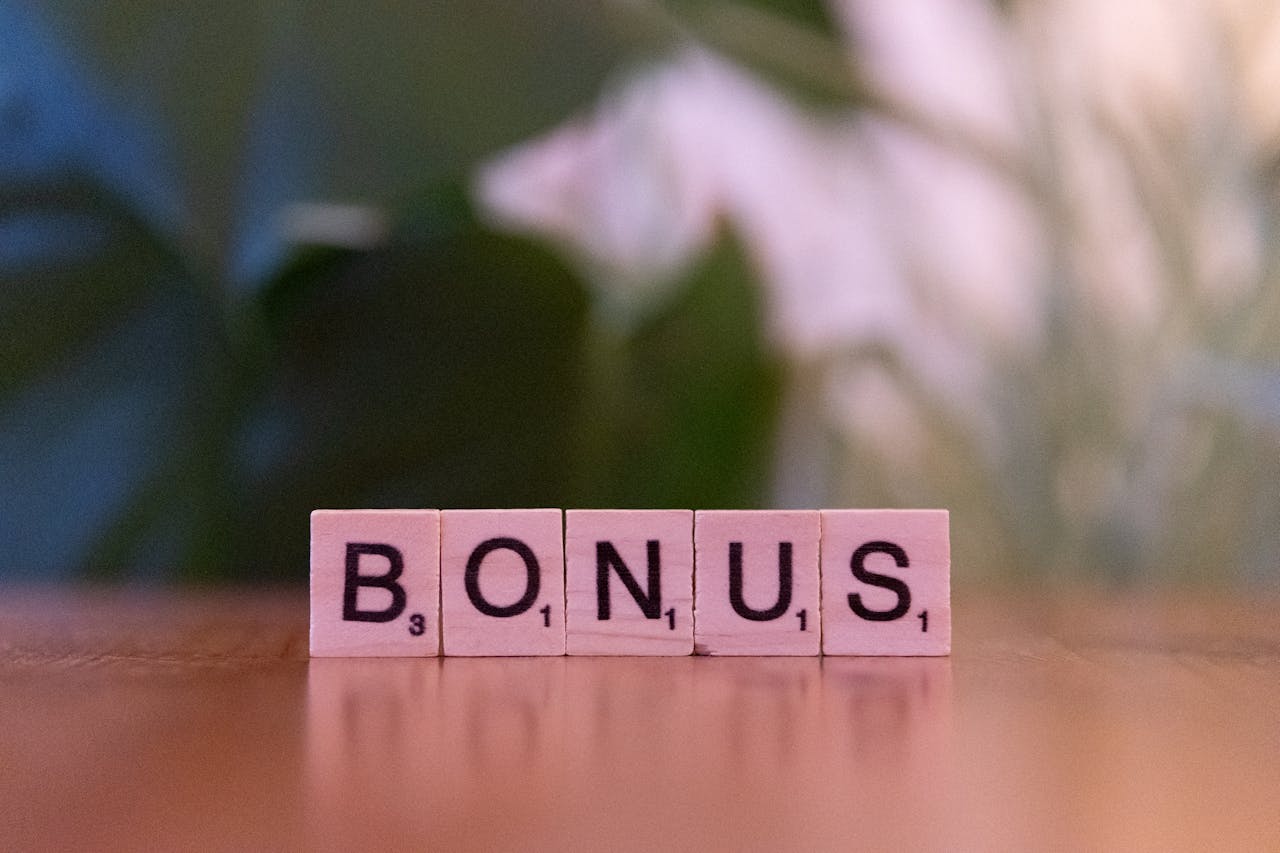
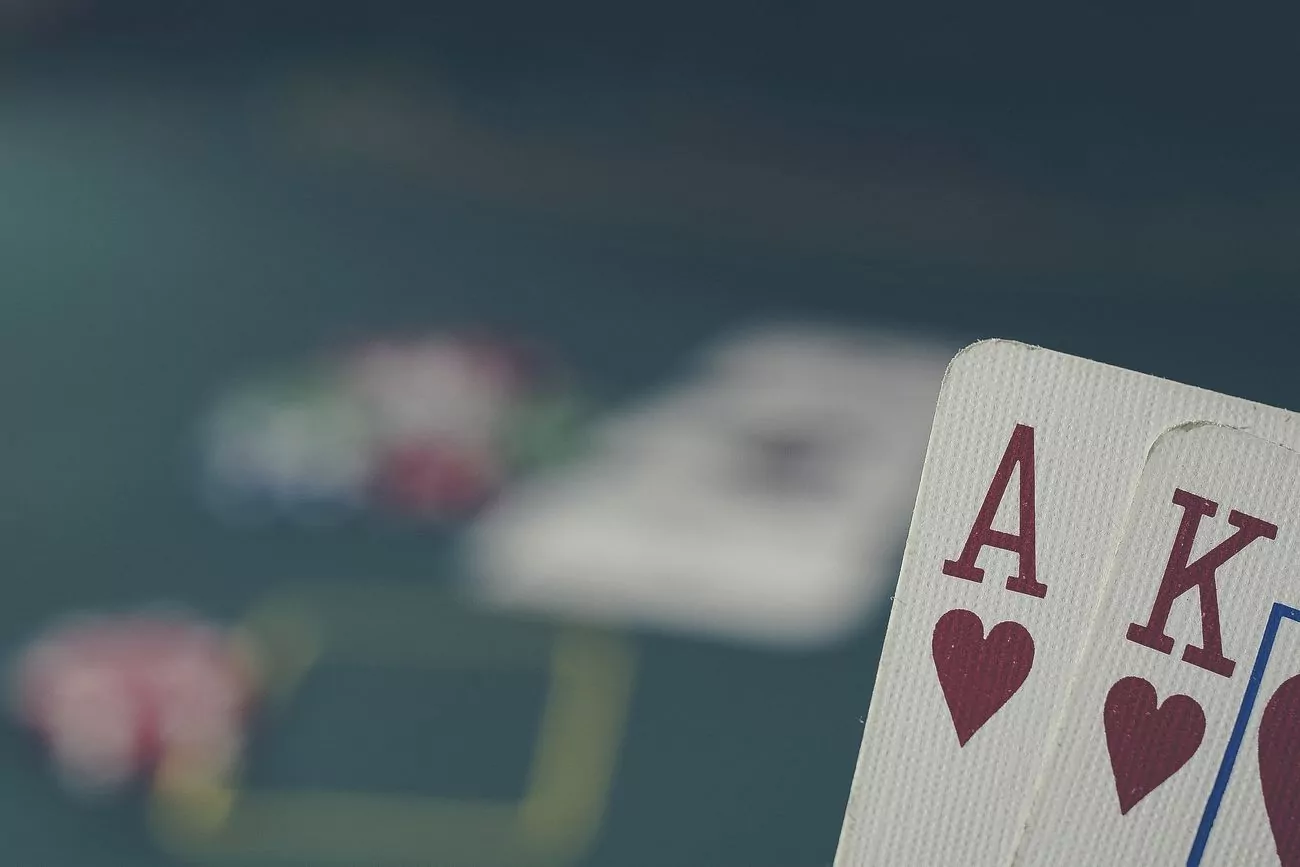





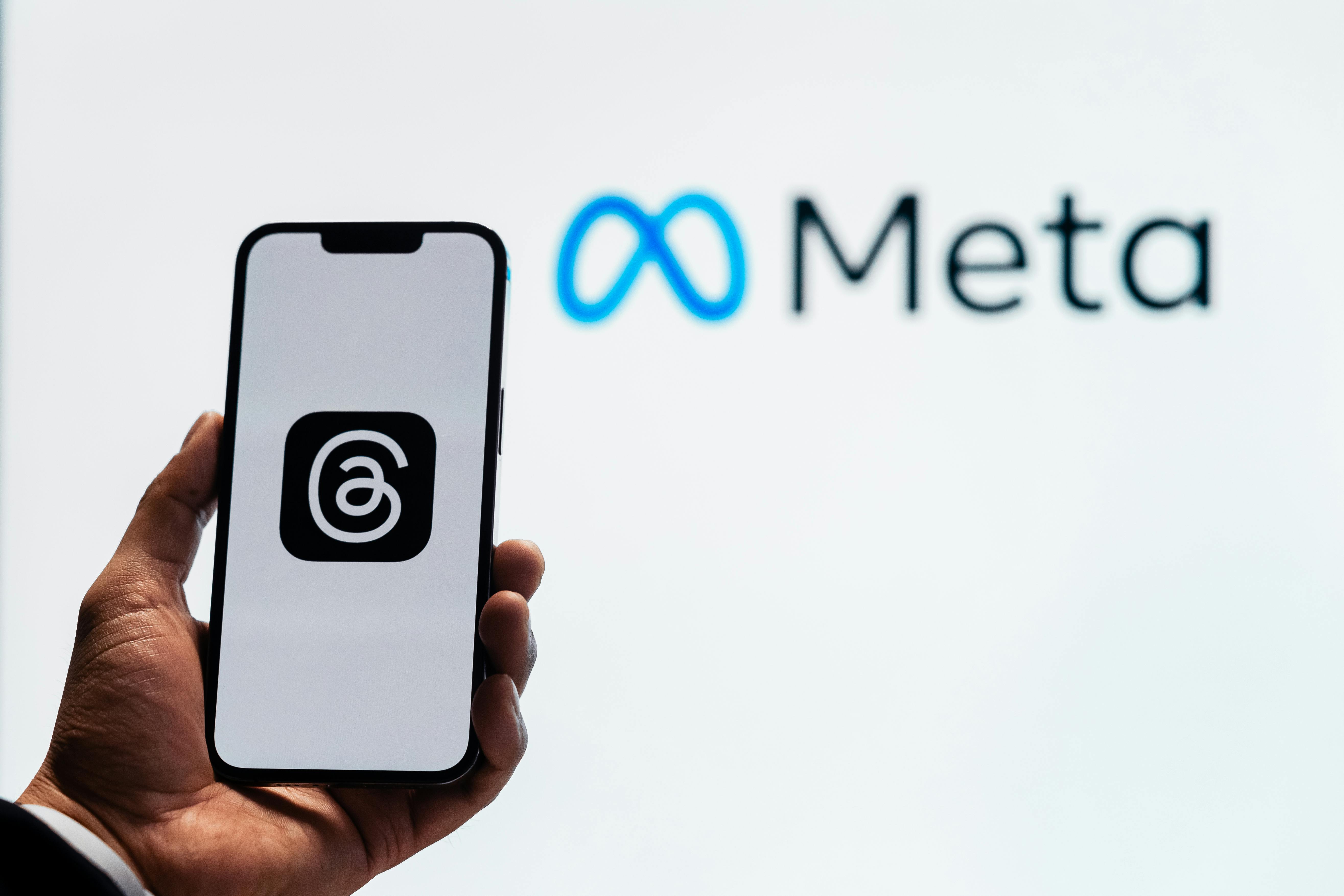
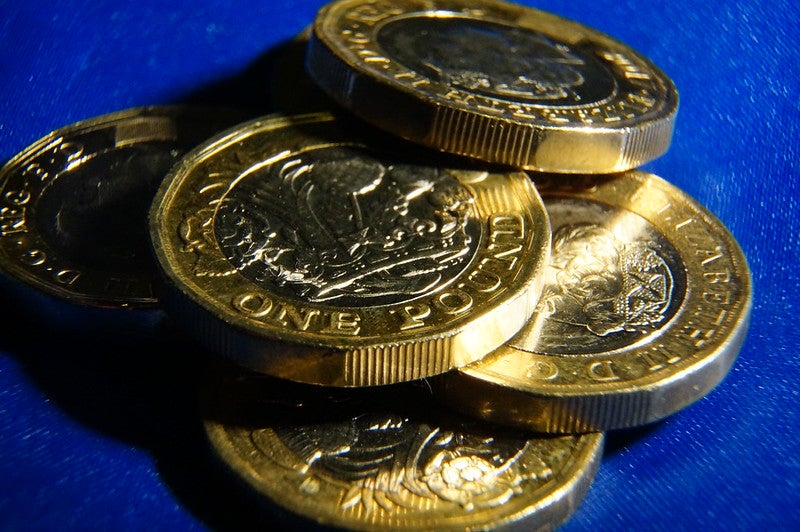
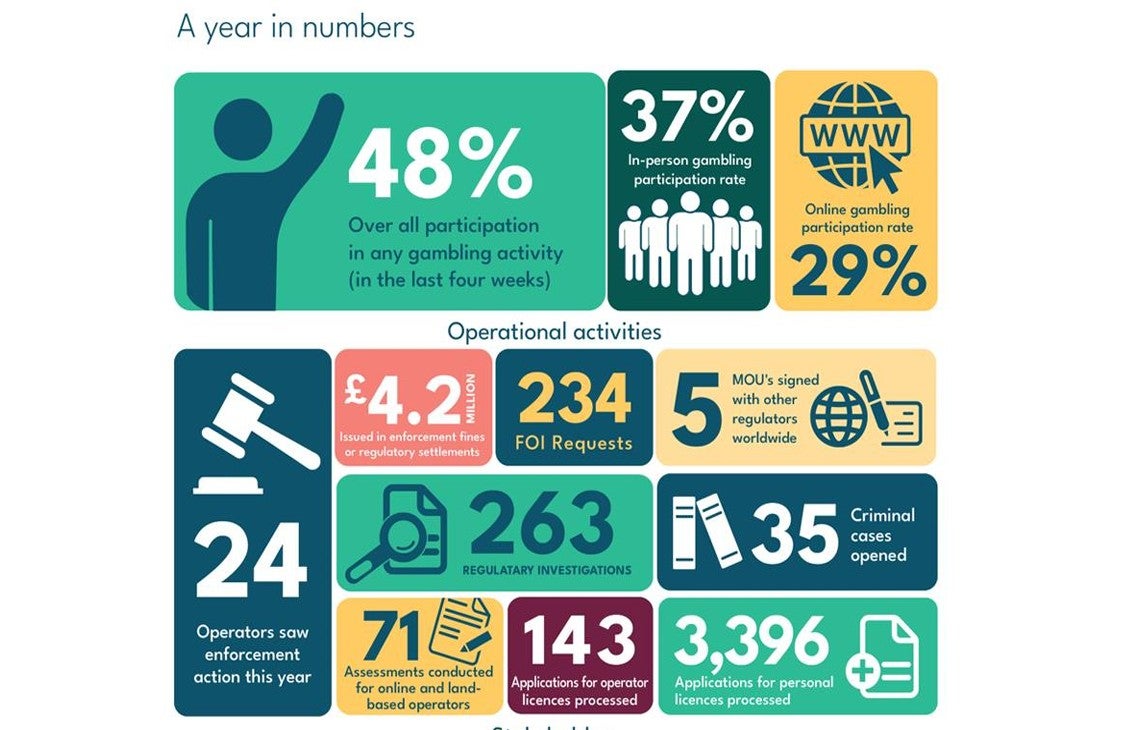
_(2374185648).jpg)






.jpg)
